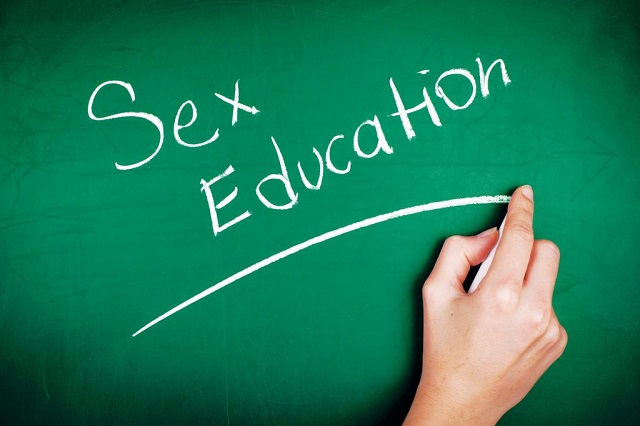
Kampala, Uganda | THE INDEPENDENT | The Ministry of Education has asked teachers to integrate aspects of sexuality education in lessons.
Henry Semakula, a senior official in the Ministry said on Monday that they want the teachers to spend a few minutes in whatever subjects they are teaching to hint on sexuality and reproductive health as they wait for the National Sexuality Education framework to guide on what should be taught at what levels.
He says that the Ministry has been doing this with co-curricular activities where they for instance, choose themes for Music Dance and Drama competitions ranging from HIV, teenage pregnancies to ensure students learn something new from them.
Semakula who also heads the health and HIV unit of the ministry says controversies in the framework are still holding them back. He however notes that the stakes are high as teenage pregnancy numbers continue to spiral and yet latest surveys on HIV have found high prevalence rates among young people.
The sexuality framework was officially launched in 2018 but immediately received wide criticism from among other religious leaders. They argued that it was instead going to promote early sex among children.
But Semakula says that they are now contemplating throwing out the most contentious part where they spell out what should be taught to children of 3 to 5 years.
The framework had five themes distributed across age groups from early childhood (3-5 years), lower primary (6-9), upper primary (10-12), secondary (13-16) and tertiary education (17 and above) with each theme specifying what they will be learning from sexuality and human development, sexual and reproductive health.
The age group 3 -5 that faces deletion from the framework was supposed to learn how to follow instructions and knowing themselves or anatomy where children were to be taught how to differentiate their gender.
Just before the COVID-19 lockdown, Semakula says the Ministries of Health and Education had been meeting the leadership of the different religious groups to listen in again to their concerns since he says without religious leaders agreeing, there will never be sex education because of the reality that they own the majority of the schools.
He notes that while previously they had met them randomly under the Inter-Religious Council of Uganda, they this time consulted each religious institution. But, as the Ministries look to address complaints of the religious groups, they face another hurdle with concerns on the same now coming from other agencies.
Last week, a US-based NGO Family Watch International published an analysis of the framework highlighting ten areas of concern ranging from the title, the statistics used in the document and the themes.
“It is highly problematic that UNFPA, UNESCO and the embassy of Sweden were major partners in the development of Uganda’s Framework. This is because one of their major goals is to use sexuality education as a vehicle to indoctrinate the rising generation in Uganda to accept LGBT/abortion/sexual rights”, reads in part the document published on the organisation’s website pointing out that some of the suggestions are contrary to Uganda’s culture.
However, when responding to the analysis, Semakula said some of the organization’s suggestions could make the framework even more controversial. He says they consulted widely before the initial launch and embracing their suggestions might turn out more problematic.
******
URN
 The Independent Uganda: You get the Truth we Pay the Price
The Independent Uganda: You get the Truth we Pay the Price



parents of today we have really failed to have sex education with our children thinking that teachers at school will teach our children each and everything unlike our parents that would have time to educate us about the results of early sex.